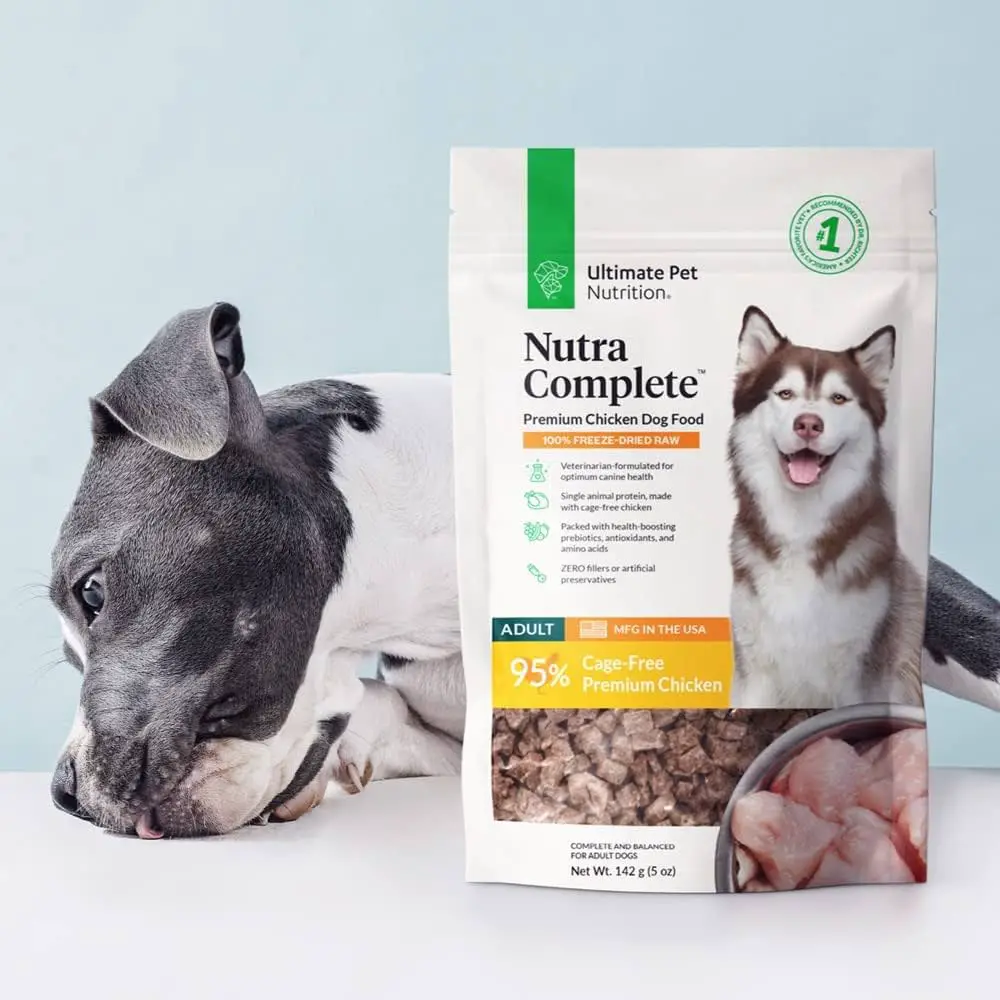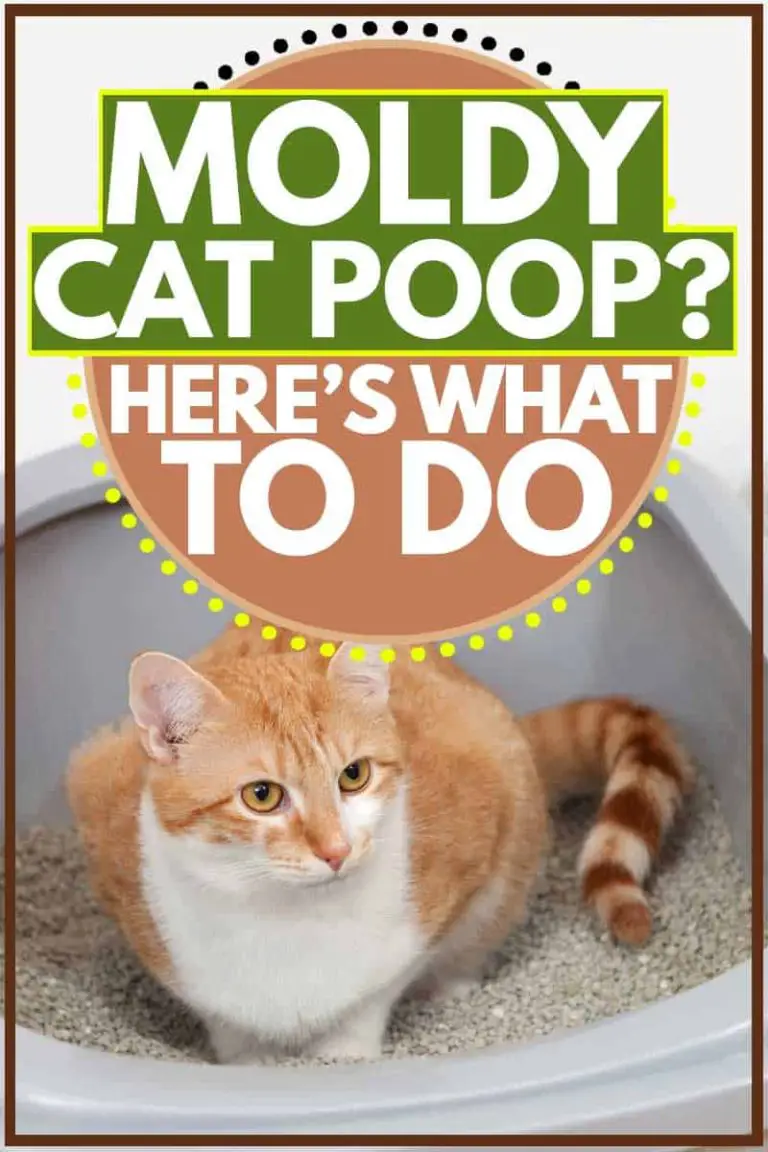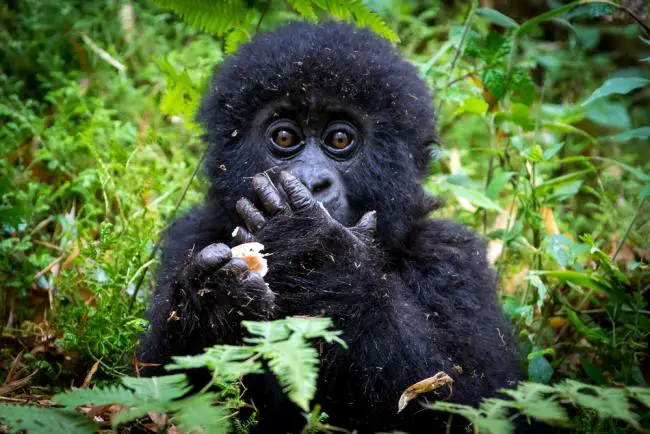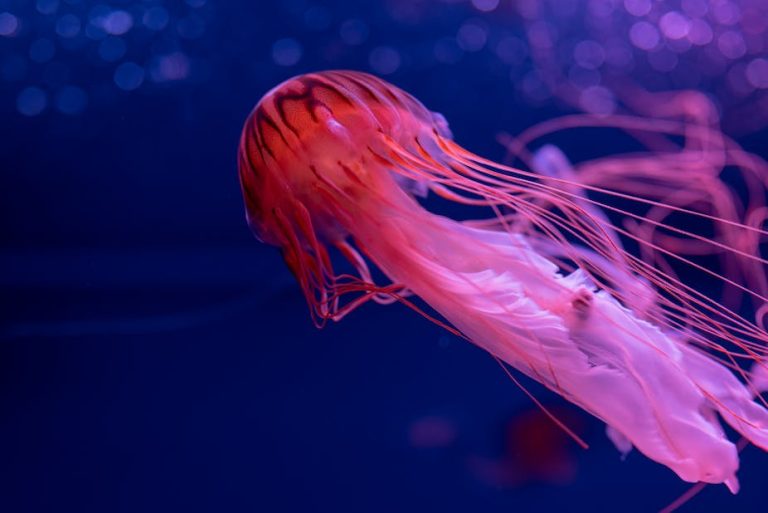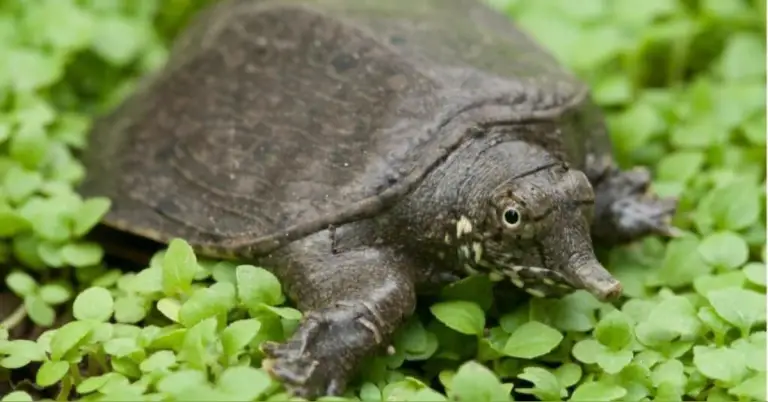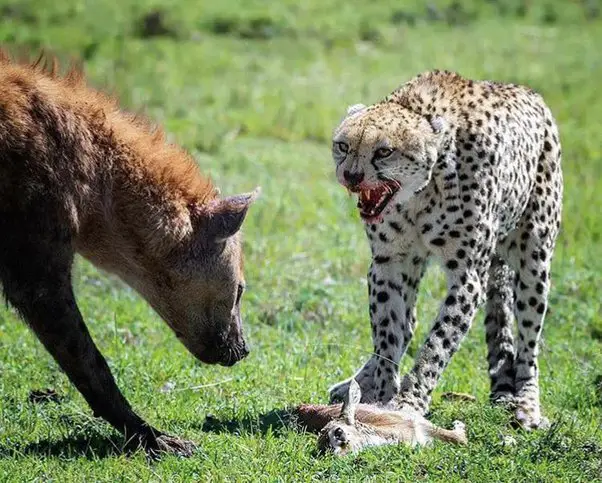What to Feed a Great Dane Puppies
Great Dane puppies should be fed a balanced diet that includes high-quality, large breed puppy food to support their growth and development. As a Great Dane puppy owner, it’s important to provide the right nutrition to ensure their proper growth and development.
Great Dane puppies have unique dietary needs due to their large size and rapid growth rate. Feeding them a balanced diet that consists of high-quality, large breed puppy food is essential. This type of food is specifically formulated to meet their nutritional requirements and support their growing bones and muscles.
In addition to a nutritious diet, it’s important to feed them at regular intervals throughout the day to prevent bloating, a common issue in this breed. By providing appropriate and carefully calculated meals, you can help your Great Dane puppy grow into a healthy and thriving adult.
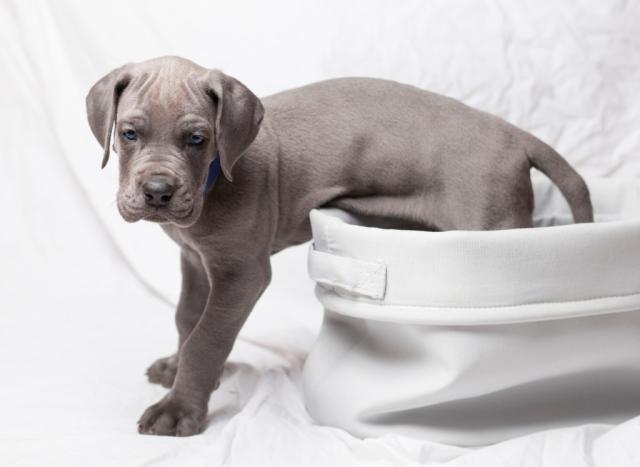
Understanding The Nutritional Needs Of Great Dane Puppies
Understanding the nutritional needs of Great Dane puppies is essential for their healthy growth. This complete guide provides valuable insights and tips on what to feed these large breed puppies to ensure they receive the proper nutrients for optimal development.
Great Dane puppies have unique nutritional needs during their rapid growth phase. To ensure they develop properly and avoid health issues in the long run, it’s crucial to understand and fulfill these needs. This section will delve into the growth factors to consider, the essential nutrients for optimum development, and the importance of providing balanced nutrition.
Growth Factors To Consider
- Rapid growth: Great Dane puppies experience a remarkable growth spurt during their first year. On average, they can gain up to 10 pounds every month. This rapid growth requires a diet rich in nutrients to support bone and muscle development.
- Large breed requirements: Due to their large size, Great Dane puppies have specific nutritional requirements that differ from smaller breeds. It’s vital to provide them with the appropriate balance of nutrients to avoid skeletal deformities, joint issues, and other health problems.
- Development of skeletal system: Great Dane puppies have delicate skeletal systems that need proper nourishment to develop correctly. Their fast-growing bones require sufficient amounts of key minerals, such as calcium and phosphorus, to ensure optimal strength and structure.
Essential Nutrients For Optimum Development
- High-quality protein: Protein is a primary building block for muscle development in growing puppies. Ensure that your Great Dane puppy’s diet includes a sufficient amount of high-quality, animal-based protein sources such as chicken, beef, or fish.
- Adequate fat content: Fat provides energy and aids in the absorption of fat-soluble vitamins. Great Dane puppies require an appropriate amount of fat to support their growth and maintain a healthy coat. Select a puppy food formula that supplies a balance of essential fatty acids.
- Carbohydrates for energy: While protein and fat are crucial, carbohydrates should also be included in your Great Dane puppy’s diet. Complex carbohydrates like whole grains and vegetables provide sustained energy, keeping your puppy active and playful.
- Essential vitamins and minerals: Great Dane puppies require a variety of vitamins and minerals for overall health and well-being. These include vitamins A, C, and E, as well as minerals like iron, zinc, and selenium. Consider a high-quality puppy food formulated with these essential nutrients.
Importance Of Balanced Nutrition
- Overall health and immunity: A balanced diet is key to ensuring your Great Dane puppy’s overall health and robust immune system. Adequate nutrition supports their developing organs, enhances their natural defenses, and helps them fight off potential illnesses.
- Bone and joint health: Balanced nutrition plays a vital role in maintaining strong bones and healthy joint function. Great Dane puppies are susceptible to skeletal issues like hip dysplasia, so providing them with appropriate nutrients can help reduce the risk and promote overall joint health.
- Healthy weight management: Proper nutrition from a balanced diet helps control your Great Dane puppy’s weight, preventing the strain on their growing bones. Maintaining a healthy weight can minimize the risk of certain health conditions, allowing them to move and play comfortably.
By understanding the specific growth factors, essential nutrients, and the importance of balanced nutrition, you can ensure that your Great Dane puppy thrives during this crucial stage of development. Providing a high-quality diet that meets their unique needs will set them up for a healthy and happy life.
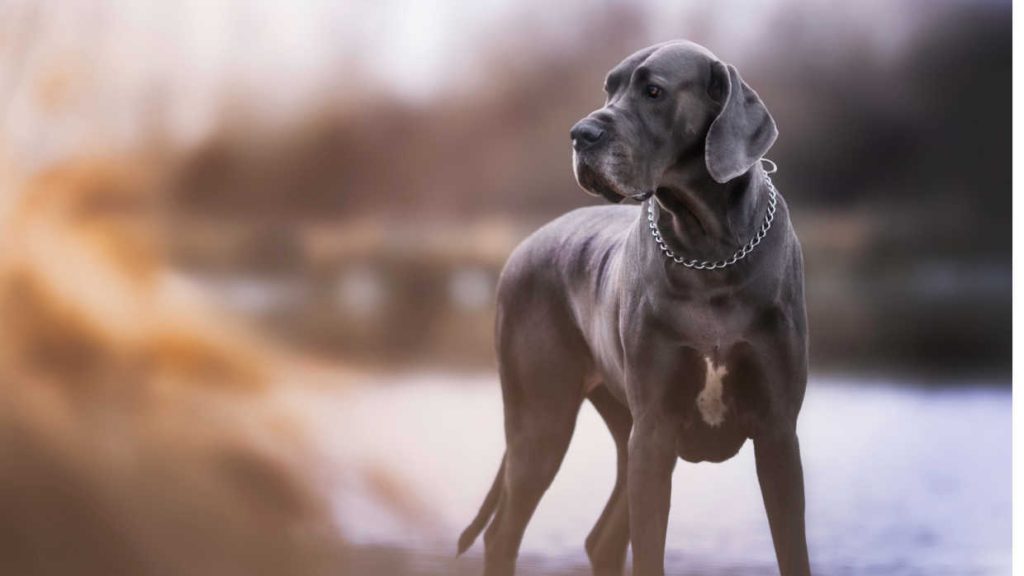
Choosing The Right Food For Your Great Dane Puppy
Choosing the right food for your Great Dane puppy is crucial for its growth and development. This complete guide provides detailed information on what to feed your Great Dane puppy to ensure optimal health and wellbeing. From the right balance of nutrients to portion sizes, this guide has got you covered.
Great Dane puppies have unique nutritional needs, and providing them with the right food is crucial for their growth and development. When choosing food for your Great Dane puppy, you should consider their protein requirements and sources, as well as the quality of ingredients.
Additionally, learning how to read dog food labels can help you make an informed decision. Let’s explore these factors in detail:
Protein Requirements And Sources
Protein plays a vital role in the development of your Great Dane puppy’s muscles and tissues. Here are some key points to consider:
- A growing Great Dane puppy needs a higher amount of protein compared to adult dogs. Aim for a minimum of 22% protein in their diet.
- Look for high-quality animal-based protein sources like deboned chicken, turkey, or fish. These provide essential amino acids that support growth.
- Avoid food with excessive plant-based proteins like soybeans or peas, as they may not provide the optimal nutrition for your Great Dane puppy.
High-Quality Vs Low-Quality Ingredients
The quality of ingredients in your Great Dane puppy’s food can greatly impact their overall health. Consider the following points:
- Choose food that uses high-quality and recognizable ingredients, preferably with real meat listed as the first ingredient.
- Avoid food that contains fillers like corn, wheat, or soy, as they offer limited nutritional value.
- Opt for food that includes a balance of whole grains, fruits, and vegetables to provide additional nutrients.
How To Read Dog Food Labels
Understanding how to read dog food labels can help you make informed choices about the food you feed your Great Dane puppy. Consider the following tips:
- Look for a statement from the Association of American Feed Control Officials (AAFCO) on the label, indicating that the food meets the essential nutritional standards.
- Check the guaranteed analysis section to ensure the food meets the required protein and fat content for growing puppies.
- Examine the ingredient list to ensure the presence of high-quality protein sources and avoid artificial additives or preservatives.
By considering your Great Dane puppy’s protein requirements and sources, as well as the quality of ingredients and how to read dog food labels, you can make a well-informed decision about their nutrition. Remember to consult your veterinarian for specific dietary recommendations tailored to your Great Dane puppy’s needs.
Creating A Puppy Feeding Schedule
Create a puppy feeding schedule to ensure your Great Dane puppies receive the proper nutrition they need. Read our complete guide on what to feed them and how to establish a feeding routine for their optimal growth and development.
Feeding your Great Dane puppy a balanced and appropriate diet is crucial for their growth and development. Establishing a consistent feeding schedule ensures that your puppy receives the necessary nutrients at the right time. In this section, we will discuss the key aspects of creating a puppy feeding schedule.
Meal Frequency And Portion Control:
Maintaining the right meal frequency and portion control is essential to prevent overfeeding or underfeeding your Great Dane puppy. Here are some considerations to keep in mind:
- Age-based feeding: While young puppies require multiple meals throughout the day, as they grow, you can gradually reduce the frequency and increase portion sizes.
- Early stages: For the first six to eight weeks, feed your Great Dane puppy four meals a day to support their rapid growth and high energy levels.
- Transition period: Between eight weeks and six months, reduce the meals to three times a day, adjusting the serving size to align with their age and weight.
- Adolescence: Once your Great Dane puppy reaches six months, you can switch to feeding them twice a day, with adequate portion sizes to satisfy their nutritional needs.
- Portion control: Divide their daily recommended food intake into the set number of meals, ensuring they receive the right amount at each sitting.
- Ideal serving size: Consult with your veterinarian to determine the appropriate daily serving size based on your Great Dane puppy’s age, weight, and activity level.
Transitioning To Solid Food:
As your Great Dane puppy grows, a gradual transition from a milk-only diet to solid food is vital for their digestive system. Follow these steps for a smooth transition:
- Introduce soft food: Begin by mixing a small amount of high-quality puppy food with warm water or milk replacement formula to create a soft and easily digestible mixture.
- Gradual increase: Over the course of a week, gradually increase the proportion of puppy food while decreasing the liquid component. This allows your puppy to adjust to the taste, texture, and nutritional density of solid food.
- Monitor their response: Observe your Great Dane puppy’s reaction to the new food, ensuring they show no signs of digestive distress or discomfort. Make any necessary adjustments or consult your veterinarian if concerns arise.
Importance Of Consistency In Feeding:
Consistency plays a vital role in maintaining your Great Dane puppy’s overall health and well-being. Here’s why it matters:
- Establishing routine: By sticking to a consistent feeding schedule, you create a predictable routine that helps regulate your puppy’s metabolism and digestion.
- Growth and development: Regular and balanced meals support healthy growth and development in your Great Dane puppy. Consistency ensures they receive the necessary nutrients at the right intervals.
- Preventing behavioral issues: Consistent feeding schedules help prevent begging behaviors and reduces the risk of food aggression or anxiety in your Great Dane puppy.
- Stability for training: By feeding your puppy at consistent times, you can establish a structured environment that supports effective training sessions.
Creating a puppy feeding schedule based on meal frequency, portion control, transitioning to solid food, and maintaining consistency provides the foundation for your Great Dane puppy’s healthy development and happiness. Remember to consult with your veterinarian for personalized advice and recommendations tailored to your puppy’s specific needs.
Homemade Vs Commercial Puppy Food
Great Dane puppies require a nutritious diet. The choice between homemade and commercial puppy food should be based on factors like quality, ingredients, and convenience.
Feeding your Great Dane puppy a balanced and nutritious diet is essential for their growth and development. One of the key decisions you’ll need to make is whether to opt for homemade meals or commercial puppy food. Let’s explore the pros and cons of each and how to evaluate the different options.
Pros And Cons Of Homemade Meals:
- Control over ingredients: When preparing homemade meals for your Great Dane puppy, you have full control over the quality and type of ingredients you include.
- Tailored nutrition: Homemade meals allow you to customize the diet to meet your Great Dane puppy’s specific nutritional needs.
- Reduced additives: By preparing food at home, you can limit exposure to artificial additives and preservatives commonly found in commercial dog food.
- Bonding experience: Preparing meals for your Great Dane puppy can strengthen your bond and provide a shared experience.
However, there are a few cons to consider as well:
- Time-consuming: Preparing homemade meals requires time and effort to ensure a balanced diet with all the necessary nutrients.
- Complexity: Formulating a well-rounded diet that meets all of your Great Dane puppy’s nutritional needs can be challenging without proper knowledge or guidance.
- Risk of nutrient deficiencies: It’s crucial to ensure your homemade meals contain the right balance of proteins, carbohydrates, fats, vitamins, and minerals to avoid potential deficiencies.
Evaluating Different Commercial Dog Food Options:
Not everyone has the time or expertise to prepare homemade meals for their Great Dane puppies. Commercial dog food offers convenience and is readily available. Here are some factors to consider when evaluating commercial options:
- Quality ingredients: Look for dog food brands that prioritize high-quality, natural ingredients and avoid fillers and by-products.
- Life stage formulation: Choose puppy-specific commercial dog food options formulated to meet the nutritional needs of growing Great Dane puppies.
- AAFCO certification: Look for brands that meet the Association of American Feed Control Officials (AAFCO) standards, ensuring their product is nutritionally balanced.
- Customer reviews: Research and read reviews from other Great Dane puppy owners to get insights into the effectiveness and palatability of different commercial dog food options.
Supplementation Considerations:
In addition to homemade or commercial puppy food, supplementation may be necessary to ensure your Great Dane puppy receives all the essential nutrients for optimal health. Here are important points to consider:
- Vet guidance: Consult with your veterinarian to determine if any specific supplements are necessary for your Great Dane puppy’s individual needs.
- Calcium and phosphorus: Great Dane puppies have specific requirements for these minerals to support their bone growth. Discuss with your vet if additional supplementation is needed.
- Omega-3 fatty acids: Consider adding a source of omega-3 fatty acids, such as fish oil, to promote healthy skin, coat, and joint health.
Remember, before making any changes to your Great Dane puppy’s diet, it’s crucial to consult with your veterinarian. They can guide you on the best approach and ensure your puppy’s nutritional needs are being met.
Choose the feeding method that aligns with your lifestyle and the specific needs of your Great Dane puppy. Whether you opt for homemade meals or commercial puppy food, prioritize balanced nutrition to support their healthy growth and development.
Common Diet Mistakes To Avoid For Great Dane Puppies
Feeding Great Dane puppies can be tricky, so it’s essential to avoid common diet mistakes. Provide a complete guide on what to feed them for optimal health and growth.
Great Dane puppies have unique dietary needs that must be met in order for them to grow and develop properly. However, there are some common diet mistakes that owners need to be aware of and avoid. Let’s take a look at three key areas where mistakes can occur:
Overfeeding And Portion Size:
- Feeding too much: Great Dane puppies have a fast growth rate, but overfeeding can have negative consequences. Providing excessive amounts of food can lead to rapid weight gain, putting strain on their joints and bones. It’s important to follow the recommended feeding guidelines to avoid this issue.
- Improper portion size: Determining the right portion size for your Great Dane puppy can be challenging. It’s crucial to take into account their age, weight, and activity level. Consulting with a veterinarian or a canine nutritionist can help you determine the appropriate portion size to ensure your puppy is getting the right amount of food.
Allowing Unhealthy Treats:
- Table scraps and leftovers: While it may be tempting to share our meals with our furry friends, it’s essential to be cautious. Certain foods that are safe for humans can be harmful to dogs, including Great Danes. Avoid giving them table scraps and leftovers, as these can lead to digestive issues and even toxicity in some cases.
- High-calorie treats: Great Dane puppies have specific nutritional requirements, and giving them high-calorie treats can lead to weight gain and imbalance in their overall diet. Opt for healthier alternatives like small training treats specifically designed for puppies.
Lack Of Variation In Diet:
- Stick to the same food: Feeding your Great Dane puppy the same food day in and day out can lead to nutritional deficiencies and boredom. To ensure they receive a balanced diet, it’s crucial to provide a variety of high-quality dog foods. Consider rotating between different protein sources and brands to offer a range of nutrients.
- Neglecting to incorporate fresh foods: While commercial dog food is formulated to provide essential nutrients, it’s beneficial to incorporate fresh foods into your Great Dane puppy’s diet as well. Adding suitable fruits, vegetables, and occasional cooked meat can offer additional vitamins and minerals, promoting overall health.
By avoiding these common diet mistakes, you can ensure that your Great Dane puppy gets the nutrition they need to thrive. Remember to consult with your veterinarian for personalized dietary advice and keep their health and well-being as a top priority.
Addressing Common Puppy Feeding Challenges
Discover the ultimate guide on what to feed a Great Dane puppy, tackling common feeding challenges and providing valuable insights for optimal nutrition. Ensure your puppy thrives with expert advice on meal planning, portion control, and essential nutrients.
When it comes to feeding Great Dane puppies, certain challenges may arise that require specific attention. In this section, we will address common feeding challenges and provide helpful guidance to ensure your puppy gets the nutrition it needs. Let’s take a look at picky eaters and food allergies, dealing with digestive issues, and nutrition-related health concerns.
Picky Eaters And Food Allergies:
Some Great Dane puppies may turn out to be picky eaters or develop food allergies. Understanding how to handle these challenges can make a significant difference in their overall well-being. Here are some points to consider:
- Gradual transition: When switching food brands or introducing new flavors, do it gradually to allow their taste buds to adjust.
- Variety of textures: Experiment with different textures, such as wet and dry food, to encourage them to eat and enjoy their meals.
- Mealtime routine: Establish a consistent feeding schedule to help eliminate pickiness and encourage regular eating habits.
- Treat options: Offer a range of healthy treats to give them more choices and make mealtime more exciting.
Dealing With Digestive Issues:
Digestive issues can be common among Great Dane puppies. Maintaining a healthy gastrointestinal system is essential for their overall health. Consider the following suggestions:
- High-quality food: Opt for a premium, easily digestible food that meets the nutritional requirements of Great Dane puppies.
- Controlled portion sizes: Feed in smaller, frequent meals to avoid overloading their digestive system.
- Avoid table scraps: Human food can be difficult for puppies to digest and may lead to stomach upset. Stick to their specific puppy diet.
- Probiotics: Consult your veterinarian about incorporating probiotic supplements to promote a healthy balance of gut bacteria.
Nutrition-Related Health Concerns:
Great Dane puppies are prone to certain nutrition-related health concerns. Providing the right nutrients and adopting preventive measures can help keep them healthy. Consider the following tips:
- Controlled growth: Avoid overfeeding to prevent rapid growth, which can lead to developmental issues. Consult your veterinarian for appropriate portion sizes.
- Joint health: Incorporate supplements that support joint health, such as glucosamine and chondroitin, to prevent or mitigate the risk of joint-related problems.
- Calcium and phosphorus balance: Ensure the puppy’s diet maintains the proper balance of calcium and phosphorus to support bone development and prevent skeletal abnormalities.
- Regular vet check-ups: Routine vet visits are essential to monitor the puppy’s health and discuss any potential nutritional concerns.
Remember, understanding and addressing these common challenges can lead to a healthy and happy Great Dane puppy. By providing appropriate nutrition and attentive care, you are setting the foundation for their well-being in the long run.
Additional Nutrition Tips For Great Dane Puppies
Discover additional nutrition tips to feed your Great Dane puppies for optimal development. This complete guide provides essential information to support their growth and overall health.
Proper nutrition is crucial for the healthy development of Great Dane puppies. In addition to a well-balanced diet, there are a few additional tips to keep in mind to ensure your puppy is getting all the essential nutrients. Read on to discover the importance of proper hydration, incorporating fresh fruits and vegetables, and healthy alternatives for training treats.
Importance Of Proper Hydration
Ensuring that your Great Dane puppy stays properly hydrated is essential for maintaining their overall health. Here are a few tips to help you keep them hydrated:
- Provide fresh, clean water: Make sure your puppy has access to fresh water at all times. Change the water regularly to keep it clean and free from debris.
- Monitor water intake: Pay attention to your puppy’s water consumption. It is important to strike a balance between providing enough water and avoiding excessive intake, which can lead to bloating. Divide their daily water intake into several small portions throughout the day.
- Avoid added flavors: While it may be tempting to flavor the water to encourage your puppy to drink, it is best to avoid adding any sweeteners or artificial flavors. Stick to plain water to maintain their natural thirst response.
Incorporating Fresh Fruits And Vegetables
Including fresh fruits and vegetables in your Great Dane puppy’s diet can provide them with additional nutrients and fiber. Here are some tips for incorporating these beneficial foods:
- Choose the right fruits and vegetables: Opt for puppy-friendly fruits and vegetables that are safe for their consumption. Avoid toxic options such as grapes, onions, and garlic. Suitable choices include carrots, apples, blueberries, and spinach.
- Prepare them in a safe manner: Wash fruits and vegetables thoroughly before serving them to your puppy. Remove any seeds, pits, or cores to prevent choking hazards.
- Serve in moderation: While fruits and vegetables offer health benefits, they should be given in moderation. They should not replace the essential components of a balanced diet, such as high-quality puppy food.
Healthy Alternatives For Training Treats
During training sessions, it is essential to have treats that are not only tasty but also provide nutritional benefits for your Great Dane puppy. Consider these healthy alternatives:
- Small pieces of cooked lean meat: Instead of store-bought treats, you can use small, cooked pieces of lean meats like chicken or turkey as training rewards. Make sure they are boneless, skinless, and free from seasoning or spices.
- Homemade treats: You can also make your own training treats using ingredients like sweet potatoes or pumpkin. Cut them into small, bite-sized pieces and bake them until they are firm.
- Commercial treats: If you prefer to use store-bought treats, opt for those that are specifically designed for puppies and made with healthy ingredients. Read the labels and choose treats that are free from artificial additives and excessive fillers.
Remember, always consult with your veterinarian to ensure that you are providing the best nutrition for your Great Dane puppy. With proper hydration, the inclusion of fresh fruits and vegetables, and healthy training treats, you can contribute to their overall well-being and growth.
The Importance Of Regular Vet Check-Ups
Regular vet check-ups are crucial for the health and well-being of Great Dane puppies. Ensuring they receive the proper nutrition is essential to their growth and development. This complete guide provides valuable information on what to feed your Great Dane puppies.
Regular vet check-ups are crucial for the health and well-being of Great Dane puppies. These appointments enable veterinarians to monitor their growth and development, provide necessary nutritional supplements, and assess their overall health. By adhering to a regular schedule of vet check-ups, you can ensure that your Great Dane puppy receives the best care possible.
Monitoring Growth And Development
During vet check-ups, monitoring the growth and development of Great Dane puppies is a top priority. Here’s what you can expect during these appointments:
- Weight and height measurements: Veterinarians will measure and track the weight and height of your Great Dane puppy to ensure they are growing at a healthy rate.
- Skeletal development: Great Danes are a large and giant breed, prone to skeletal issues. Vets will assess their bone structure and look for any potential abnormalities.
- Dental health: Regular check-ups allow vets to monitor your puppy’s dental health and address any issues such as teething problems or misaligned teeth.
Nutritional Supplements And Vet Recommendations
A well-balanced diet is essential for Great Dane puppies to support their rapid growth. During vet check-ups, you can expect the following:
- Nutritional guidance: Vets will provide recommendations on the appropriate diet for your Great Dane puppy, ensuring they receive all the necessary nutrients for healthy growth.
- Supplement recommendations: Depending on your puppy’s specific needs, your vet may recommend certain nutritional supplements like joint support or omega-3 fatty acids.
- Feeding schedule: Vets will guide you on the proper feeding schedule for your Great Dane puppy, considering their age, weight, and activity level.
Assessment Of Overall Health And Well-Being
Vet check-ups are not solely focused on growth and nutrition. These appointments also allow for a comprehensive assessment of your Great Dane puppy’s overall health and well-being:
- Vaccinations and preventive care: Vets will ensure that your puppy receives the necessary vaccinations to protect them from common diseases and illnesses.
- Parasite control: Regular vet check-ups enable the implementation of an effective parasite control program, including flea and tick prevention and deworming.
- Behavior and socialization: Vets can provide guidance on behavior and socialization to ensure your Great Dane puppy grows up to be a well-adjusted and happy dog.
- Early detection of health issues: By conducting regular check-ups, veterinarians are more likely to detect any early signs of health problems, allowing for timely intervention and treatment.
Remember, a regular vet check-up schedule is vital for the care of your Great Dane puppy. It not only allows for proper monitoring of their growth and development but also ensures their overall health and well-being. So, make sure to prioritize these appointments to give your furry friend the best start in life.
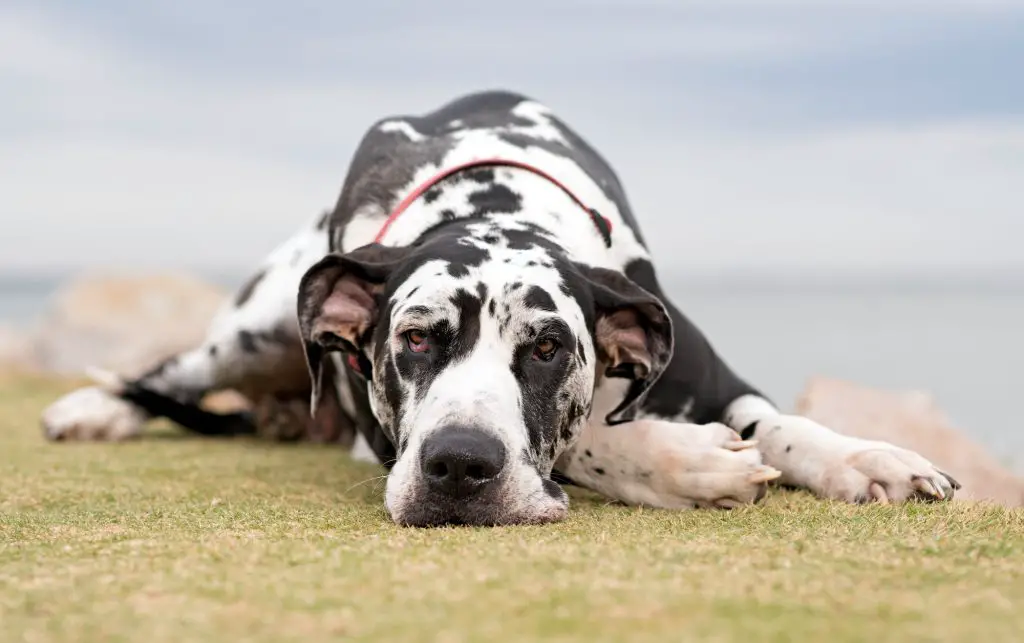
Faqs For Great Dane Puppy Nutrition
Discover all the answers to your questions on Great Dane puppy nutrition in this complete guide. Learn what to feed your puppy for optimal growth and development.
How Much Should I Feed My Great Dane Puppy?
- Great Dane puppies have specific nutritional needs due to their rapid growth rate, meaning that the amount of food they require is different from other breeds.
- To determine the proper amount to feed your Great Dane puppy, consider their age, weight, activity level, and overall health.
- As a general guideline, it’s recommended to feed your Great Dane puppy 3-6 cups of high-quality puppy food divided into three or four meals per day.
- Consult your veterinarian to create a customized feeding plan based on your puppy’s individual needs.
Can Great Dane Puppies Eat Adult Dog Food?
- Great Dane puppies have different nutritional requirements compared to adult dogs, making it important to feed them a specialized puppy formula.
- Puppy food contains a higher level of protein, calories, and essential nutrients to support their growth and development.
- Adult dog food may not provide the necessary nutrients in the right quantities for a Great Dane puppy’s optimal growth.
- It’s crucial to transition your Great Dane puppy to adult dog food gradually once they’re fully grown, typically around 12-18 months of age.
Should I Add Supplements To My Great Dane Puppy’S Diet?
- Great Dane puppies usually receive all the necessary nutrients from a balanced diet and do not typically require additional supplements.
- However, it’s essential to provide a complete and balanced diet to ensure your Great Dane puppy’s overall health and support their growth.
- Consult with your veterinarian before adding any supplements to your Great Dane puppy’s diet, as certain supplements may not be suitable or necessary.
- If your puppy has any specific nutritional needs, your veterinarian may recommend appropriate supplements to address those needs.
Remember, always consult your veterinarian to develop a feeding plan specific to your Great Dane puppy’s needs. This will help ensure they receive the right nutrients for proper growth and development.
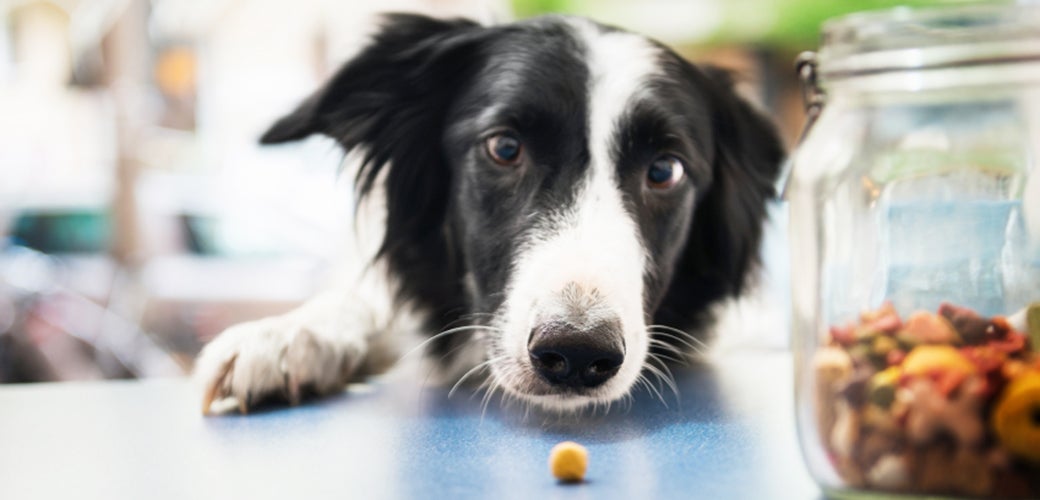
Credit: www.aspca.org
Frequently Asked Questions Of What To Feed A Great Dane Puppies | Complete Guide
What Is The Best Diet For A Great Dane Puppy?
The best diet for a Great Dane puppy is one that is high in protein and has controlled levels of calcium for proper growth and development.
How Much Should I Feed My Great Dane Puppy Chart?
Feed your Great Dane puppy according to a feeding chart that ensures their proper nutrition and growth.
What Is A Healthy Diet For A Great Dane?
A healthy diet for a Great Dane includes high-quality protein, moderate fat, and balanced nutrients to support their growth and overall health.
When Should I Start Feeding My Great Dane Puppy?
Start feeding your Great Dane puppy at around 8 weeks of age, following a proper diet plan provided by your veterinarian.
Conclusion
Ensuring that your Great Dane puppy receives the proper nutrition is crucial for their overall health and development. As we have discussed in this complete guide, a well-balanced diet consisting of high-quality commercial puppy food and occasional fresh, lean meats and vegetables is ideal.
Remember to feed your puppy several small meals throughout the day to prevent bloating and provide plenty of fresh, clean water at all times. Additionally, monitoring your puppy’s body condition and adjusting their food portions accordingly will help prevent obesity and maintain a healthy weight.
By following these guidelines and regularly consulting with your veterinarian, you can give your Great Dane puppy the best start in life, setting them up for a lifetime of good health and happiness.

